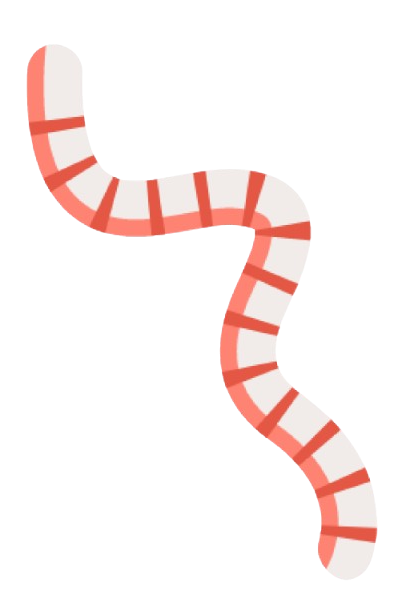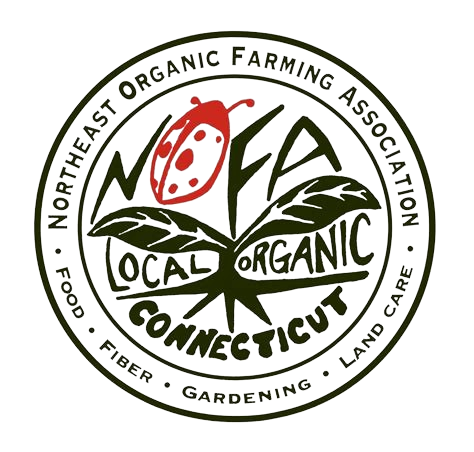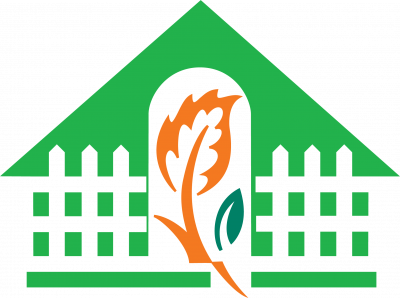She Worms Composting
Make Compost Great Again!
She Worms Composting (She Worms LLC) sustainably recycles waste into compost using the method of vermicomposting, also known as worm composting. Our worm castings are packaged for use in backyard gardens.
- Did you know that food waste is the largest contributor of solid waste sent to incinerators and landfills?
- Did you know that your 30% of the waste your household generates is food waste?
- Did you know, Composting is one of six ways to address food waste?
- Did you know that chemical fertilization of soil and plants uses artificial or synthetic products?
- Composting is one of the best ways of recycling food waste
- Composting reduces the amount of food waste sent to incinerators and landfills
- Composting reduces how much waste your household generates
- Composting is an organic and natural fertilizer for both soil and plants

Racquel's Story
She Worms Composting
When my family and I left New York City for Connecticut in 2020, we gained something we’d never had before—a backyard. At first, it was less “lush lawn” and more “meadow gone wild.” One day, we finally called in a landscaper. After mowing down the jungle of grass, he simply left the clippings scattered across the yard.
Puzzled, I asked, “Aren’t you going to rake and remove the clippings?”
He replied, “Not unless you pay extra for me to take them to the dump… or compost them.”
“Compost them?” I repeated, unfamiliar with the term.
Instead of paying more, I grabbed a rake, cleared the clippings myself, and later dove into researching what composting was all about. Within weeks, I had my first backyard compost bin—tossing in grass, leaves, and other yard waste every week. That single bin quickly became two.
Then came a thought that changed everything:
What if I could provide compost soil to people in apartments or homes without yard space?
What if I could teach others to compost at home, simply and effectively?
What if I could help more people—especially within the BIPOC community—understand the benefits of composting and how to use it to grow healthy food and soil?
With my background in Architectural Technology, Project Management, and Sustainable Development, I blended my professional expertise with my passion for gardening and composting. The result? She Worms Composting — a business dedicated to making composting accessible, practical, and impactful for everyone.


After cooking Thanksgiving 2023 I realized how much food scraps I accumulated. The lightbulb went off. This is where food scrapping could be impactful. I called SheWorms Composting to discuss. Racquel provided me w/ a countertop and outdoor collection bins. I started with onion peels, fruit & vegetable skins, tea bags & other compostable food scraps.
After a week or two of conscious food scrapping, it was happening consistently. I went from a small bit to ten pounds of scraps that was then composted by She Worms Composting. Just over a year in, I’m still collecting food scraps. My trash doesn’t smell as much and I’m contributing to less methane gas creation.
Huge thanks to Racquel, at She Worms Composting!


What is Composting?
Composting is the process of recycling organic waste and materials into a soil amendment called Compost. In simple terms, imagine that you are about to bake a cake and in order for it to come out tasting good, we have to follow a recipe by combining different ingredients (organic waste) to get our product (Compost).
Compost is the end product of the organic process.
Examples of Organic waste – Yard Waste, Kitchen/ Food Scraps, Animal Manure

Kitchen Kollection (Food Waste Recycling)
Monthly Subscription

Bronze Value Package
$25/Month
- Household Size (1 - 2)
- Collection once per month
- One 2 gallon kitchen counter
- Scraps collected curbside
- Compost gifted 1x per year *
SILVER Value Package
$35/month
- Household size (3-5)
- Collection twice per month
- One 2 gallon kitchen counter and (1) 4 gallon bucket
- Scraps collected porch/ curbside
- Monthly statement of food scraps recycled
- Washing/ Cleaning at an additional service
- Compost gifted 1x per year
Gold Value Package
$45/month
- Household Size (6+)
- Weekly collection
- One 2 gallon kitchen counter and (1) 4 gallon bucket.
- Scraps collected porch/ curbside
- Monthly statement of food scraps recycled
- Washing/ Cleaning at an additional service*
- Compost gifted 2x per year (Spring & Fall)*
Worm Castings
$23
Sustainably produced and harvested worm castings that can be applied to your garden or potted plant soil. Packaging is biodegradable and can be composted or recycled in soil or worm bins.
Compost Tea
$15
Sustainably produced and harvested worm castings that can either be steeped like tea for watering or spraying garden or potted plants.
* Instructions for application included.
Red Wiggler (Eisenia Fetida)
$45
Sustainably fed and purebred red wigglers for worm composting, fishing, specimen research, etc. Priced per pound

COMING SPRING 2026
SOIL HEALTH & BIOLOGY
(Microscopic analysis of your soil’s health and biology profile)
Consultation, Seminars, + Workshops
Composting 101 workshops available to Community groups, Schools, Libraries.
Sustainability Commitment
Certifications & Partnerships:

Connecticut National Organic Farmers Association (CTNOFA)

UCONN Master Composter

FAQs
What kind of worms are used for composting?
Red Wiggler, (Eisenia Fetida) worms are most suited for composting because they can produce high volumes of castings. Their castings are rich in nutrients that they are also known as manure worms.
Does a worm bin smell?
A worm bin, if prepared and maintained the correct way, will not smell. If it begins to smell, it means the proportions of materials need to be re-evaluated.
How many worms do I need to start a worm bin?
1 – 2lbs of worms is recommended to start a worm bin.

